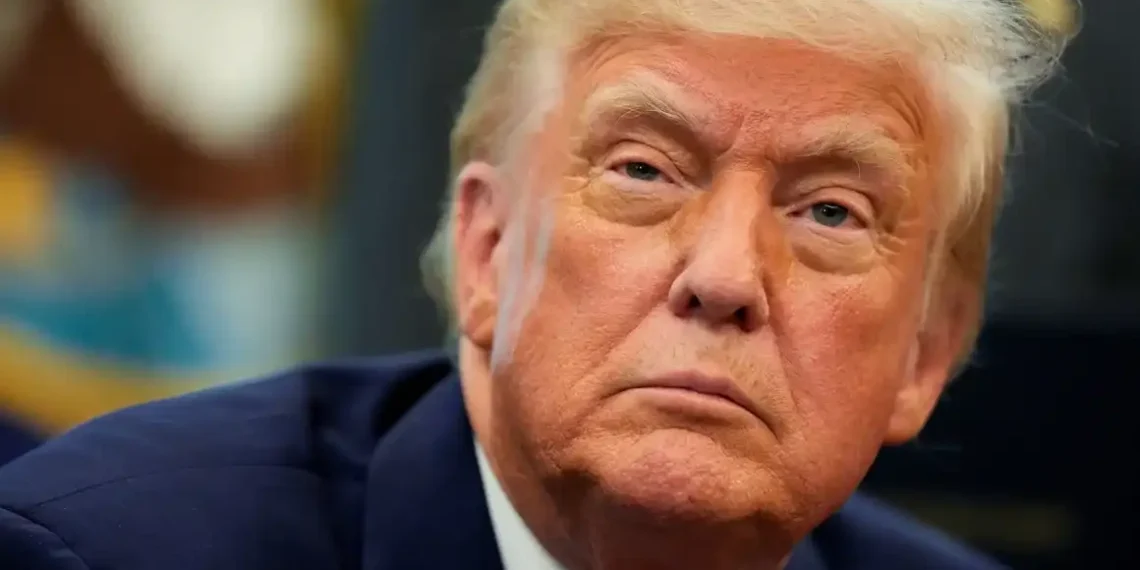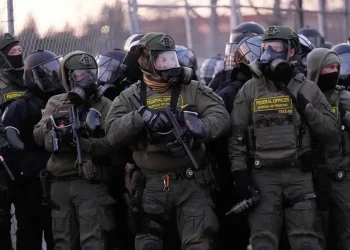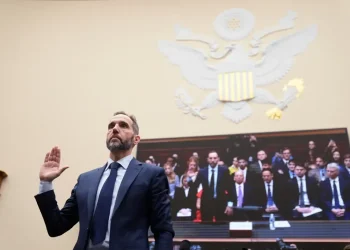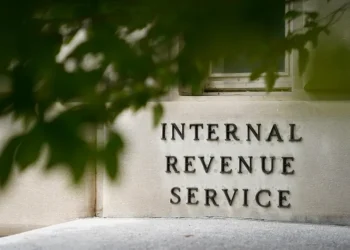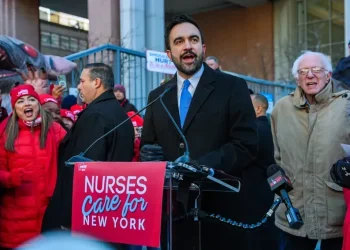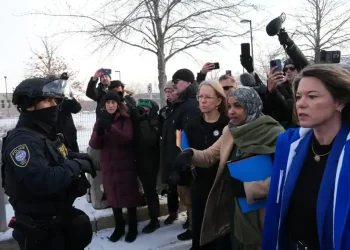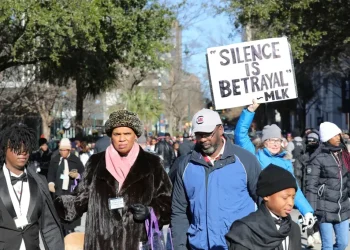Trump Considered Suspending Habeas Corpus in Immigration Crackdown, Sources Say
Former President Donald Trump was personally involved in internal discussions about suspending habeas corpus—a cornerstone legal right that allows people to challenge their detention in court—according to two sources familiar with the matter.
The idea, which would dramatically expand the government’s power to detain individuals without judicial review, has reportedly been under serious consideration during Trump’s time in office. Stephen Miller, one of Trump’s closest advisers, confirmed publicly that the administration was “actively looking at” suspending the right, depending on how the courts responded to the administration’s immigration agenda.
Trump Hinted at Drastic Action
Though Trump never publicly used the phrase habeas corpus, he hinted at it during an April 30 press briefing while discussing nationwide injunctions blocking his immigration policies.
“There’s one way that’s been used by three very highly respected presidents,” he said, alluding to historical suspensions of habeas corpus. “Hopefully we don’t have to go that way, but there are ways of mitigating it.”
This cryptic reference, sources say, was aimed at the legal hurdles his administration faced in enforcing stricter deportation policies.
Legal Experts Push Back
Experts were quick to criticize the idea. CNN legal analyst and former federal prosecutor Elie Honig called Miller’s statements “wrong,” noting that habeas corpus can only be suspended in extreme circumstances—specifically during “cases of rebellion or invasion,” as outlined in the U.S. Constitution.
“There is no law that allows deportations without any court involvement,” Honig emphasized.
Ilya Somin, a law professor at George Mason University, added that such suspensions have historically only occurred during actual wars or invasions. “The idea that illegal immigration constitutes an invasion has been rejected by the courts every time it’s been tried,” Somin noted.
Framing Immigration as an “Invasion”
The Trump administration repeatedly framed the surge in illegal border crossings as an “invasion,” a narrative it used to justify bypassing due process for migrants. The administration made similar claims while invoking the Alien Enemies Act, a rarely used 18th-century statute, in an attempt to fast-track deportations without legal proceedings. Courts—including judges appointed by Trump—rejected those efforts, saying the law did not apply to the current situation.
In another controversial move, the administration explored designating suspected cartel or gang members as “enemy combatants,” a classification typically reserved for wartime detainees. This would make it easier to detain individuals without trial and severely limit their ability to contest imprisonment in court.
A Threat to Judicial Independence?
The administration’s broader frustration with the judiciary has been evident. Trump frequently lashed out at judges who ruled against him, while Miller went as far as calling court decisions a “judicial coup.”
Amid this rising tension, Chief Justice John Roberts issued a rare public statement defending judicial independence. Speaking in Buffalo, New York, he emphasized that the judiciary is a coequal branch of government tasked with interpreting the Constitution and holding both Congress and the president in check.
“The judiciary’s role,” Roberts said, “is to decide cases, but in the course of that, check the excesses of Congress or the executive.”
Will This Move Resurface?
While it remains unclear whether Trump—or any future administration—will seriously pursue suspending habeas corpus, the idea alone has raised alarms among legal scholars and civil rights advocates. Any attempt to revive it would almost certainly face intense legal challenges and public backlash.
For now, the White House has declined further comment beyond Miller’s initial statement.
This article was rewritten by JournosNews.com based on verified reporting from trusted sources. The content has been independently reviewed, fact-checked, and edited for accuracy, neutrality, tone, and global readability in accordance with Google News and AdSense standards.
All opinions, quotes, or statements from contributors, experts, or sourced organizations do not necessarily reflect the views of JournosNews.com. JournosNews.com maintains full editorial independence from any external funders, sponsors, or organizations.
Stay informed with JournosNews.com — your trusted source for verified global reporting and in-depth analysis. Follow us on Google News, BlueSky, and X for real-time updates.
